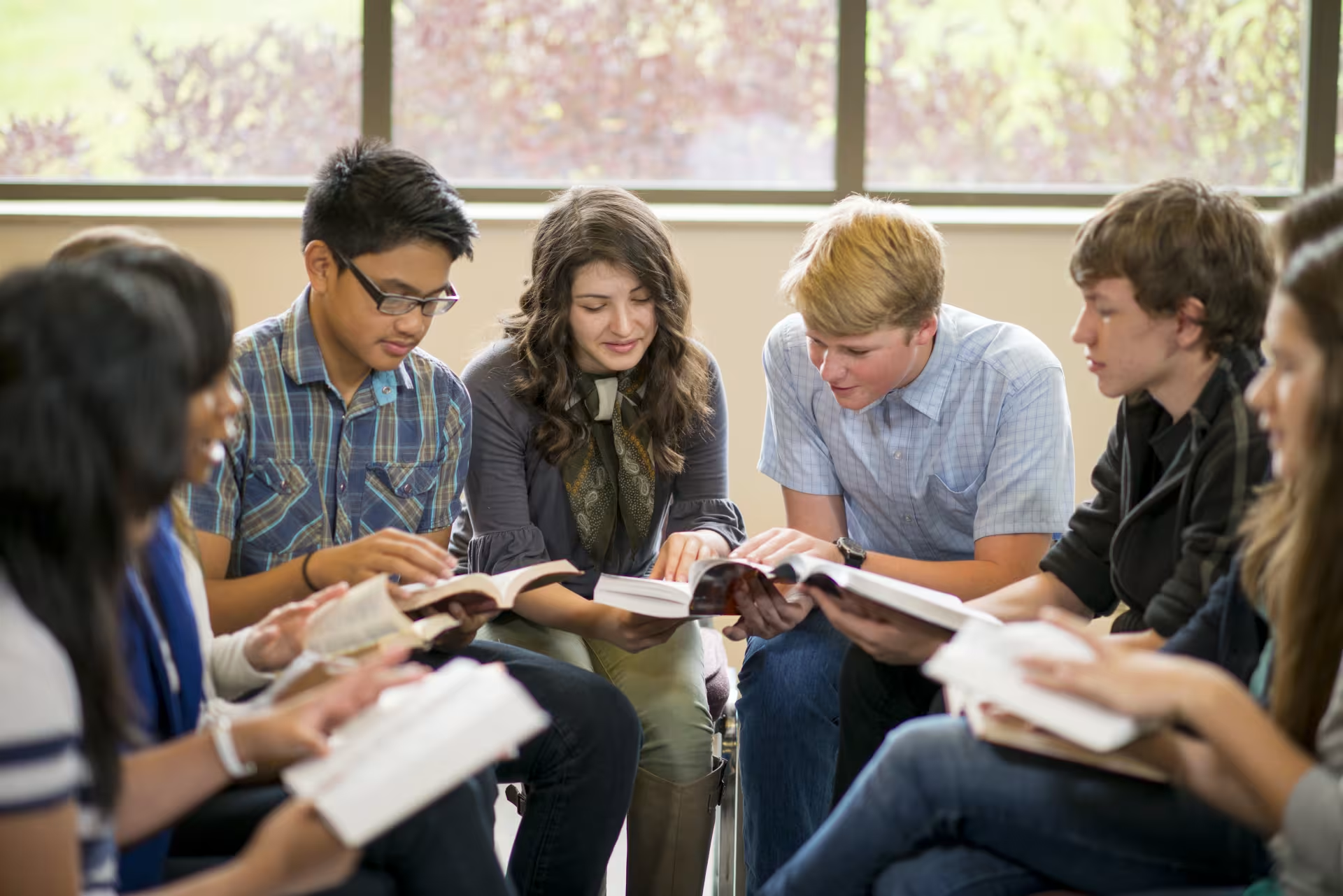Each of you should use whatever gift he has received to serve others, faithfully administering God’s grace in its various forms. — 1 Peter 4:10
Honoring Christ With Your Talents
God has given us each a set of unique talents and abilities. These talents make up who we are, and they are what make us different from one another.
So, why did God give us our talents?
Oftentimes, we think of our talents in terms of how they can serve us. For example, they can help us to do well in school, have a successful career and raise a family. However, it is important to change our perspective and realize that God gave us our talents to honor him.
As Christians, we each play a unique role in the body of Christ. Together, we can fulfill our purpose here on Earth, which is to serve God and tell the world of his goodness. If we deny the talents we have been given, it will be hard to complete this mission.
Spiritual Talents in Leadership and Service
An example of a spiritual talent is leadership. If God has blessed you with this talent, you may be called to motivate others in the completion of goals that will ultimately serve Christ. This can include:
You can use your gift to honor Christ. On the other hand, your spiritual talent may be service. By helping to complete tasks that benefit others, no matter how small they may seem, you can reflect Christ and glorify him in your actions.
Seek Out Your Spiritual Talents
Now it is required that those who have been given a trust must prove faithful. — 1 Corinthians 4:2
If God has given you a gift, he wants you to embrace it and use it to further his kingdom. If we carry out what we have been called to do, he will bless us abundantly.
I encourage you to make it a goal to use your talents to serve Christ in your daily life. If you do not know what your spiritual talents are, ask God to reveal them to you. Ultimately, the body of Christ can do powerful things when we each use the talents we have been blessed with.
Grand Canyon University is a Christian university that encourages students to seek out their spiritual talents and find their purpose. To learn more about GCU, explore our website or complete the form on this page to connect with a university counselor.
Student Writer






